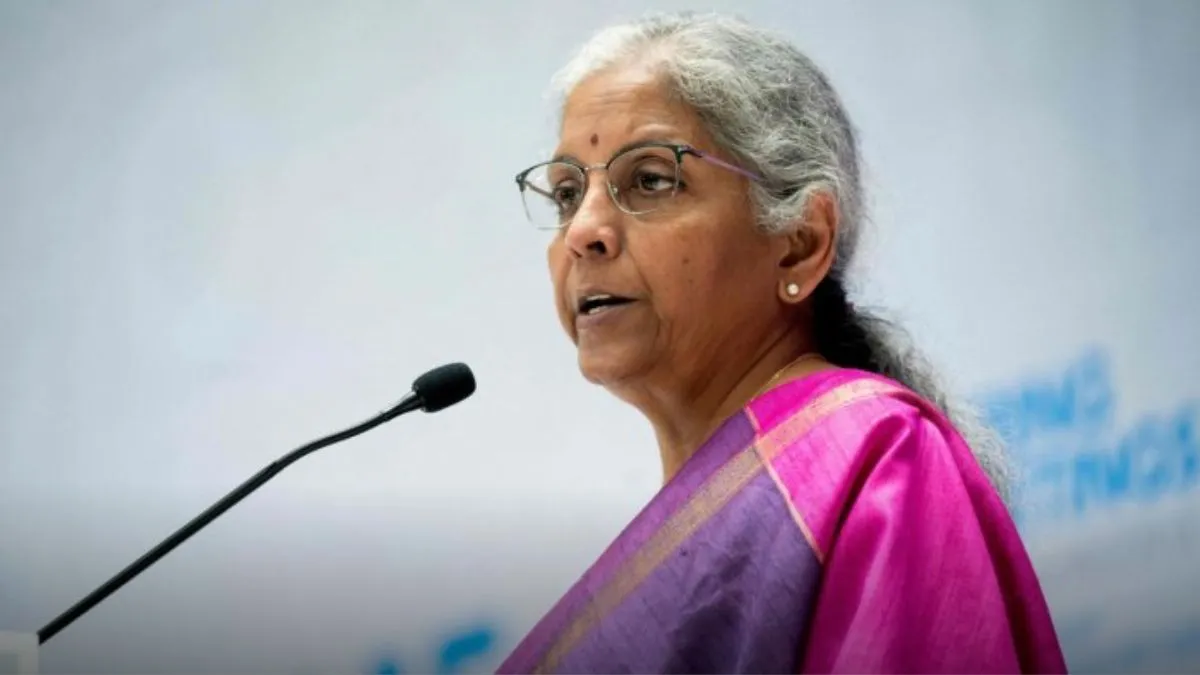
Central Finance Minister Nirmala Sitharaman, while underlining India’s strong position amid changes in global trade strategies, said that the country is ready to face global challenges with appropriate policies and long -term approaches. In an event organized on the occasion of the 150th anniversary of the Bombay Stock Exchange (BSE), he said that the growing tariff war and conservationist policies may disrupt global supply chains, increase production costs and increase uncertainty in cross -border investment decisions.
India capable of dealing with challenges
Sitharaman expressed confidence that India is capable of dealing with these challenges, as the country has flexible and appropriate policy measures and long -term approaches. He said that efforts to change business strategies are challenging and worrying and the global situation remains unstable, uncertain and complex. However, he insisted that India stands firmly in this environment with its strong major economic foundation. The country provides policy stability, development, prudent economic policies and democratic institutions to investors.
Financial markets of India strengthens
The Finance Minister described the most effective way to promote domestic efficiency and competition for economic strength. He said that the government is focusing on creating a strong domestic basis through the development of infrastructure, inclusive development and regional cooperation. He admitted that the financial markets have been affected by the change in trade strategies, but despite the recent global uncertainties, India’s financial markets have shown significant strength. He appreciated the growing role of domestic institutional investors and the trust shown in the markets by retail investors, especially women and youth.
This is a decisive turn
Sitharaman warned that any small lapse can end this new confidence in the markets. He said that India is at a decisive turn in its economic journey and is ready to become the third largest economy in the world by the end of this decade. He described the Sensex as a ‘sensitive pulse’ of the Indian economy and the stock market as a symbol of the development capacity of the Indian economy.





















